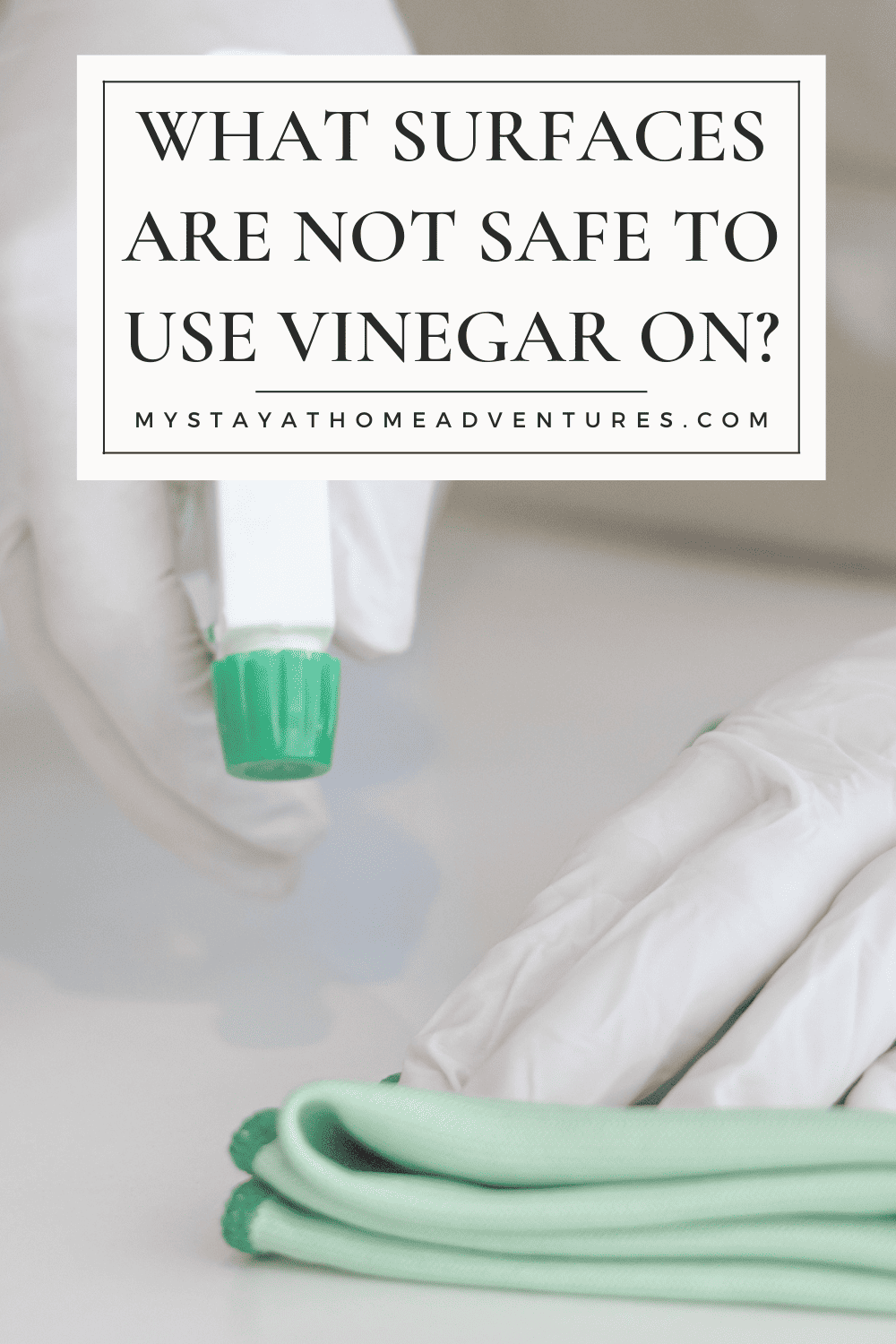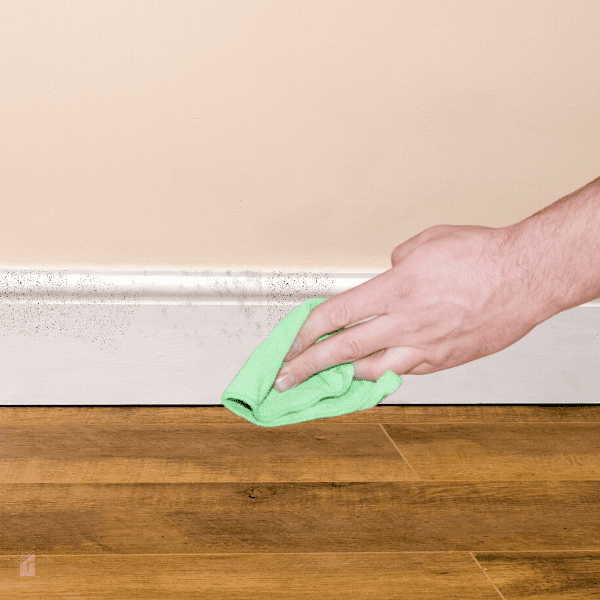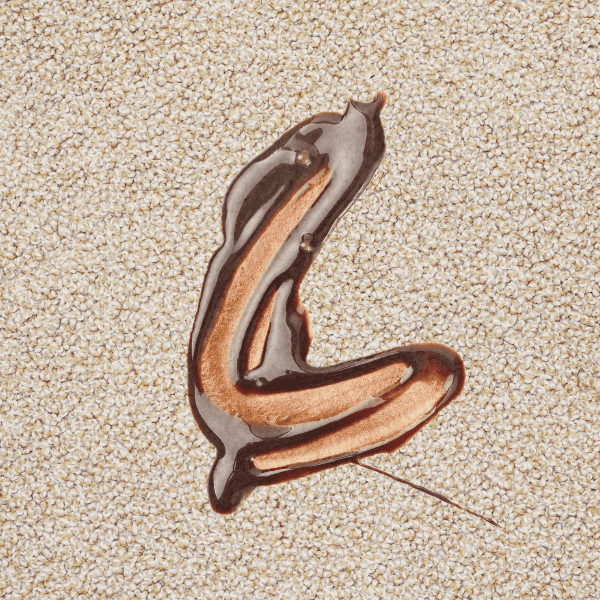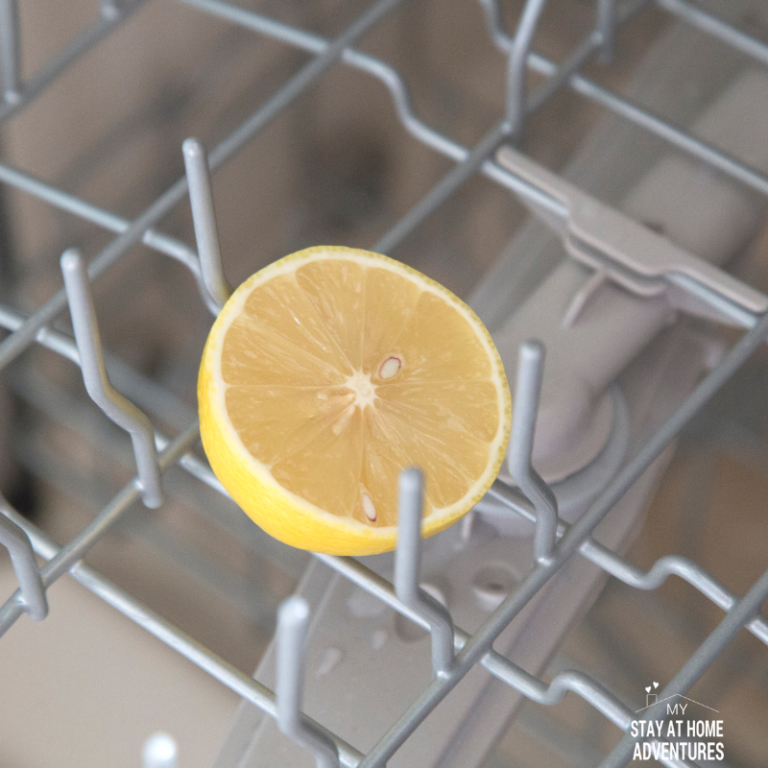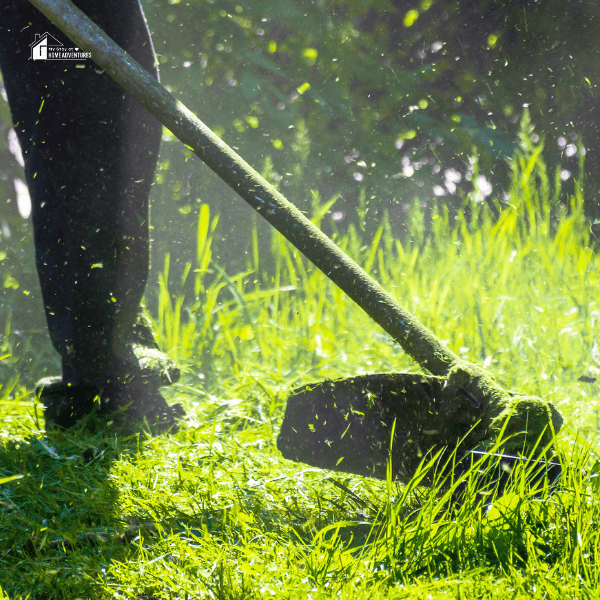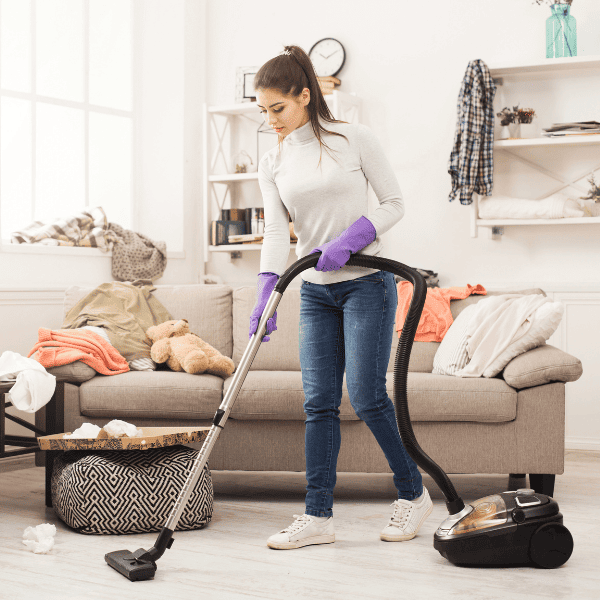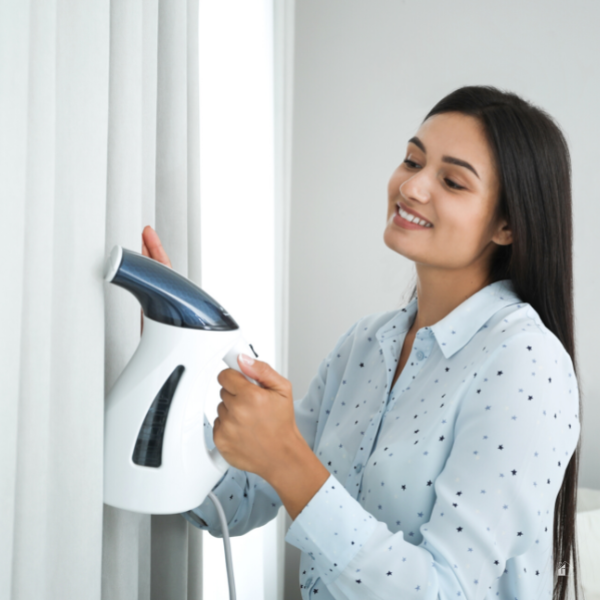What Surfaces Are Not Safe To Use Vinegar On?
This post may contain affiliate links which might earn us money. Please read my Disclosure and Privacy policies hereOver the years, vinegar has gained popularity as a versatile and eco-friendly cleaning agent. Its acidic nature makes it an effective solution for removing stains, eliminating odors, and killing bacteria. Plus, it is non-toxic and inexpensive, making it a go-to ingredient for many DIY cleaning solutions.
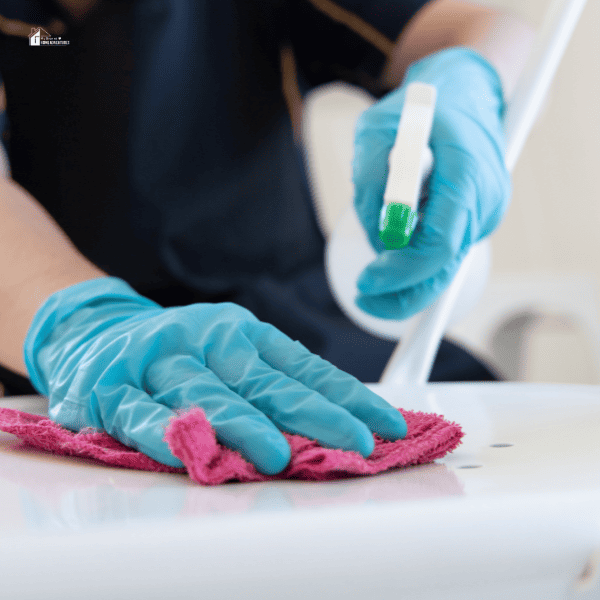
Is there anything you should not clean with vinegar?
When it comes to cleaning with vinegar, it is a versatile and effective natural cleaner that can tackle various surfaces and stains. However, there are a few surfaces that you should avoid using vinegar on to prevent damage.
Here are some surfaces that are not safe to use vinegar on:
- Stone countertops: Vinegar is acidic and can etch and damage the surface of natural stone, such as marble, granite, and limestone. It is best to use a pH-neutral cleaner specifically designed for stone surfaces.
- Hardwood floors: Vinegar can strip away the protective finish on hardwood floors, leading to discoloration and potential damage. Instead, use a cleaner recommended for hardwood floors.
- Cast iron pans: Using vinegar on cast iron pans can corrode the seasoning or coating on the surface. Opt for a mild dish soap and water instead.
- Electronics: Vinegar's acidity can harm the delicate components of electronics. It is advisable to use alcohol-based cleaning solutions designed for electronics.
What should you never mix with vinegar?
While vinegar is excellent for cleaning, it should never be mixed with certain substances due to potentially hazardous chemical reactions.
Avoid mixing vinegar with:
- Bleach: Mixing vinegar with bleach creates toxic chlorine gas, which can be harmful or even fatal. Keep these two substances separate when cleaning.
- Ammonia: Combining vinegar and ammonia produces toxic fumes that can cause respiratory problems. Always use these substances separately.
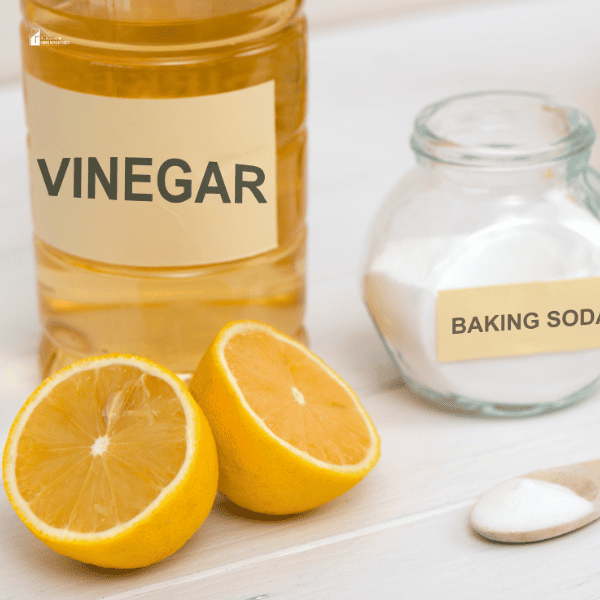
What to avoid cleaning with white vinegar?
Although white vinegar is a great all-purpose cleaner, there are a few items or surfaces that you should avoid cleaning with it:
- Egg spills or stains: The acidity of vinegar can cause eggs to coagulate, making it harder to clean. Instead, use warm soapy water.
- Natural stone tiles: Just like with stone countertops, vinegar can damage the surface and dull the appearance of natural stone tiles.
- Unsealed grout: Vinegar's acidity can erode unsealed grout, causing it to weaken and crumble over time. Stick to a grout cleaner specifically designed for this purpose.
What surfaces are not safe to use vinegar on?
When it comes to cleaning, vinegar is often praised as a versatile and effective solution. However, certain surfaces should not be cleaned with vinegar due to its acidic nature. The acid in vinegar can cause pitting and damage to the surface of these materials, leading to a loss of their smooth and shiny appearance.
Some surfaces to avoid using vinegar on include:
- Rubber Seals and Hoses (e.g., dishwasher seals, washing machine seals): The acid in vinegar can deteriorate rubber, leading to leaks or functionality issues.
- Certain Appliances (e.g., steam irons, coffee makers): The internal components of these appliances can be damaged by vinegar, which can erode coatings and affect their functionality.
- Mirrors and Screens: Vinegar can penetrate through the backing of mirrors and damage protective coatings on screens.
| Surface | Why Not Vinegar? | What to Use Instead |
|---|---|---|
| Hardwood Floors | Vinegar can dull the finish | Use a pH-neutral floor cleaner |
| Stone Countertops (Marble, Granite, Quartz) | Vinegar is acidic and can etch the surface | Use a mild dish soap and warm water |
| Egg Stains or Spills | Vinegar can cause the egg to coagulate, making it harder to clean | Use salt and cold water |
| Irons | Vinegar can damage the internal parts of an iron | Use a commercial iron cleaner |
| Smartphone Screens | Vinegar can strip the screen's oleophobic coating | Use a microfiber cloth and a little water |
By knowing which surfaces to avoid using vinegar on, you can ensure the longevity and effectiveness of your cleaning efforts. It's always a good idea to check the manufacturer's guidelines and use appropriate cleaning products for specific surfaces to prevent any potential damage.
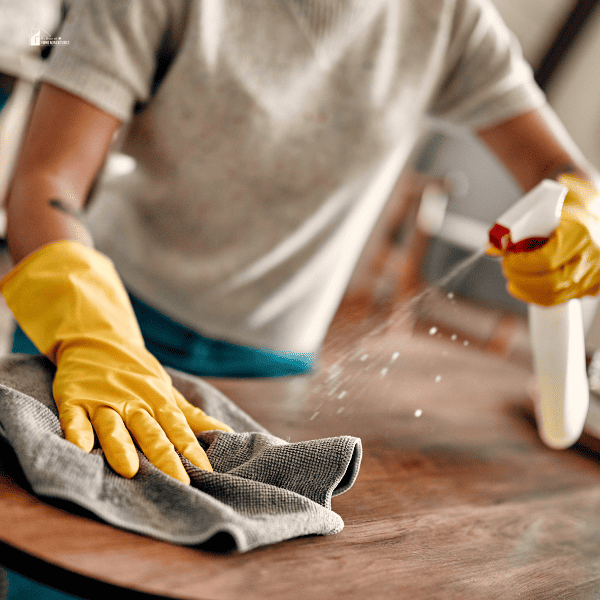
Here are some alternative cleaning methods for some surfaces:
Marble and Natural Stone Surfaces
To clean marble and other natural stone surfaces effectively, it is best to avoid using vinegar. Instead, opt for cleaning solutions specifically meant for natural stone or use a mild dish detergent with warm water. These alternatives will help maintain the beauty and integrity of these surfaces without causing any harm. It is always important to check with manufacturers or experts to ensure that the cleaning solution being used is safe for the specific type of stone surface.
Wood and Wood Furniture
When it comes to cleaning wood and wood furniture, vinegar is not recommended. The acidic nature of vinegar can dull the finish and damage the wood, leaving it looking dingy. It's important to avoid using undiluted vinegar on wood surfaces to prevent water marks and damage to the wood's finish. Instead, there are safer and more effective methods for cleaning and polishing wood.
- Use a cleaner specifically made for hardwood floors or a mix of soap and water.
- For polishing wood, create a DIY solution using white vinegar, olive oil, and lemon essential oil.
- Avoid multipurpose cleaners that may strip the finish from the wood.
- Steer clear of alcohol or ammonia-based products that can erode the coating.
- Test a new cleaner on an inconspicuous area first to ensure it doesn't damage the wood.
- For stubborn stains, try using mayonnaise or a dab of dish or Castile soap with water.
- Use a microfiber cloth or dry mop for dusting and polishing wood surfaces.
By following these recommended cleaning methods, you can safely and effectively clean and maintain your wood surfaces without the risk of damaging them with vinegar.
Electronics Screens
The screens on televisions, mobile phones, computer monitors, and other electronics should never be cleaned with vinegar. The acid in vinegar can damage the anti-glare coating, leading to a distorted display. It's best to use proper screen cleaners or damp microfiber cloths for electronic screens. Use a microfiber cloth dampened with distilled water to wipe the screen gently.- If necessary, mix a solution of 50/50 distilled water and isopropyl alcohol for tougher cleaning.
Always check the manufacturer's instructions before cleaning any electronic devices to ensure you use the appropriate cleaning method.
Rubber Parts and Seals
When it comes to cleaning surfaces with rubber parts or seals, it's best to avoid using vinegar. The acid in vinegar can cause rubber components to disintegrate over time, just as it does with natural stone surfaces. To protect these rubber parts and ensure their longevity, it's important to take the following precautions:
- Use soap and water or a soap and baking soda solution to clean rubber parts.
- Avoid soaking rubber parts in any water-based cleaning solutions, as they can damage the rubber.
- If you're unsure about your rubber seals' material or don't want to take any chances, consider using alternative cleaning methods, such as specific cleaners designed for rubber surfaces.
By taking these precautions, you can ensure that your rubber parts and seals remain intact and functional for longer.
Cast Iron Cookware
When it comes to cleaning and maintaining your cast iron cookware, vinegar should be used with caution. While vinegar is a versatile cleaning agent, there are certain surfaces that are unsafe to use.
In the case of cast iron cookware, vinegar can strip away the seasoning, which helps create a nonstick surface and protects the pan from rusting. Here are some gentle cleaning methods for your cast iron cookware without the use of vinegar:
- Mild dish soap and hot water: Gently scrub the pan using mild dish soap, hot water, and a non-abrasive sponge or scrub brush. Rinse it clean and then dry it completely to prevent rusting.
- Kosher salt scrub: For stuck-on food, while the pan is warm (not hot), add ¼ cup kosher salt and a few drops of warm water. Use a scrub brush or a Dobie sponge to remove the food particles gently. Wash, dry, and wipe the pan with oil as usual.
- Distilled white vinegar for rust removal: If your cast iron pan has rust spots, you can use a solution of equal parts water and distilled white vinegar to soak the pan. Check the pan every 15 minutes and remove it once the rust flakes away. Rinse, dry, and re-season the pan afterward.
Remember, proper seasoning and maintenance are crucial for the longevity of your cast iron cookware. Always dry your pans completely after cleaning and apply a thin layer of oil to keep them in top condition. With the right care, your cast iron cookware can last for generations.
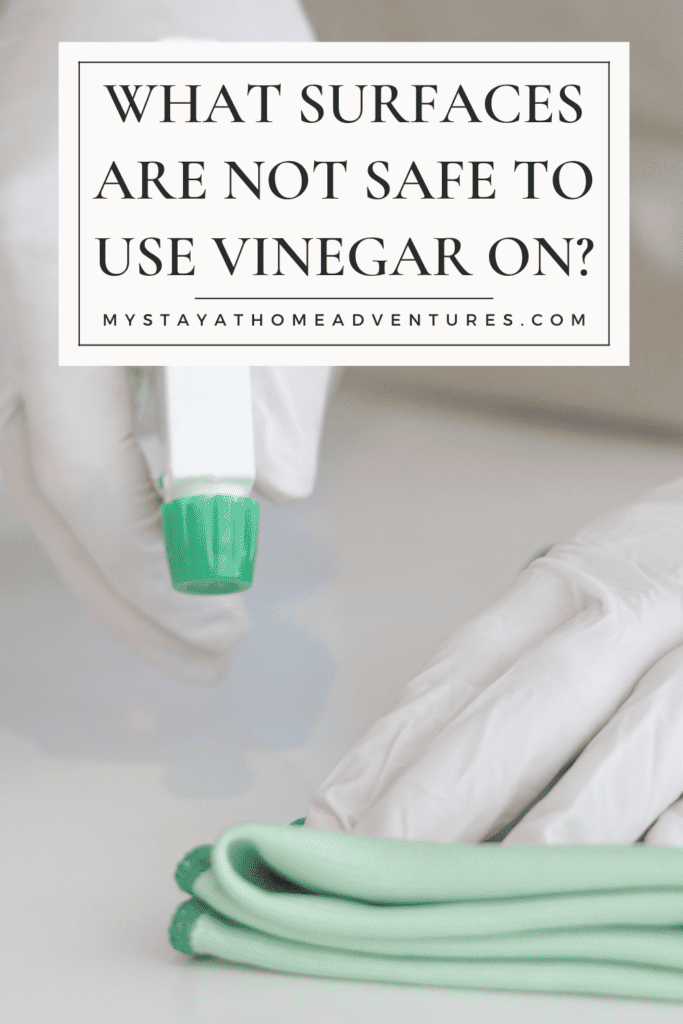
Soft Surfaces like Carpets and Upholstery
When it comes to cleaning soft surfaces like carpets and upholstery, it's important to be cautious about using vinegar as a cleaning agent. Here are some reasons why vinegar may not be the best option for cleaning carpets and upholstery:
- Strong Odors: Vinegar has a strong scent that can be off-putting to pets, especially regarding urine scent marks. The strong vinegar odor may actually encourage pets to reinforce their marking behavior, leading to more accidents on carpets and upholstery.
- Stain Removal: Vinegar alone may not be effective in removing tough stains from carpets and upholstery. While it can help in deodorizing and general cleaning, it may not be able to tackle deep-set stains.
Luckily, alternative cleaning methods and products are safe and effective for cleaning pet messes on soft surfaces. Here are some alternatives to consider:
- Enzymatic Cleaners: Enzymatic cleaners are specifically designed to break down the compounds found in urine and remove odors. These cleaners contain enzymes that target and neutralize the urine molecules, effectively eliminating the smell. They are a reliable option for deep cleaning carpets and upholstery.
- Steam Cleaning: Steam cleaning machines are excellent for deep cleaning carpets and upholstery. High steam temperatures can effectively kill bacteria, remove stains, and neutralize odors. This method is safe and efficient, leaving your soft surfaces fresh and clean.
- Professional Cleaning Services: If you're dealing with stubborn stains or extensive pet messes, it may be beneficial to hire professional cleaning services. They have the expertise and specialized equipment to clean and restore your carpets and upholstery effectively.
Remember to always test a small, inconspicuous area before using vinegar on any surface to ensure compatibility. If you're unsure, consult the manufacturer's recommendations or seek professional advice.

Please note that while vinegar is a popular natural cleaning solution, it may not be suitable for every situation. Before using vinegar, always research and test the best cleaning method for your particular surface or stain. By doing so, you can ensure that your surfaces are cleaned safely and effectively.

